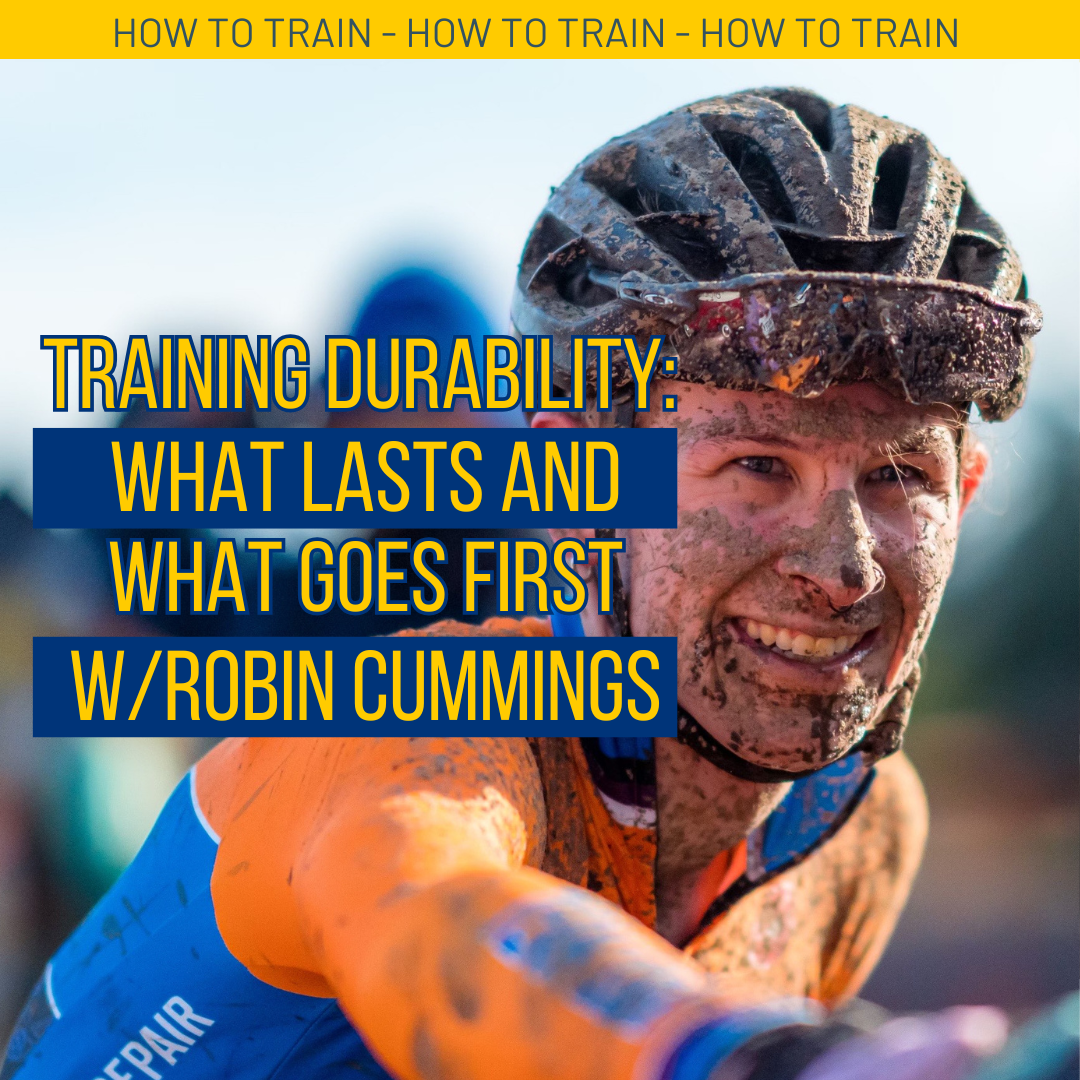
Episode 28: Training Durability | What Sticks Around and What Disappears First
One of the athletes I work with, Robin Cummings, asked a deceptively simple question about heat training that opened up a much larger conversation: which training adaptations actually last, and which ones disappear the moment you stop training them? The answer reveals your body's efficient "last hired, first fired" approach to fitness —and changes how you should think about periodization.
In this coach-to-coach conversation, Robin, an elite cyclist and coach, and Chris break down the durability hierarchy that governs every training decision, from skills work that can last decades to altitude adaptations that vanish in two weeks. You'll learn why your body operates like a lazy but efficient accountant, maintaining only the adaptations it absolutely needs and dumping everything else the moment the metabolic cost gets too high.
You can find Robin @gender_deer on Instagram, where they post about their racing and where you can talk to them about coaching.

Episode 20: Self-Coached vs. Coached: Finding Balance in Triathlon with Business Owner and Mom Annie Solonika
In this candid conversation with former Campfire athlete Annie Solonika, we dive into what really matters in the coach-athlete relationship from both perspectives. Annie shares how a strong coach-athlete relationship requires clear communication and expectations from the start. As both a successful triathlete and business owner of Full Circle Stretching, Annie offers unique insights on balancing triathlon training with work and family life, showing how proper coaching can help busy athletes maintain consistency.
We explore the differences between self-coaching and working with a coach, discussing how training structure and accountability contribute to athletic development. Annie explains that effective coaching isn't just about training plans, but about creating a supportive community that keeps athletes motivated through challenging periods. The conversation highlights how listening to your body becomes an essential skill for endurance athletes, with proper coach feedback helping athletes distinguish between normal fatigue and warning signs.
For coaches, this interview provides valuable perspective on what athletes truly value in a coaching relationship, while athletes will gain insights on how to communicate their needs effectively. Whether you're considering hiring a coach or looking to improve your existing coaching relationship, this discussion offers practical wisdom for triathlon training consistency and finding balance between athletic goals and life commitments.
